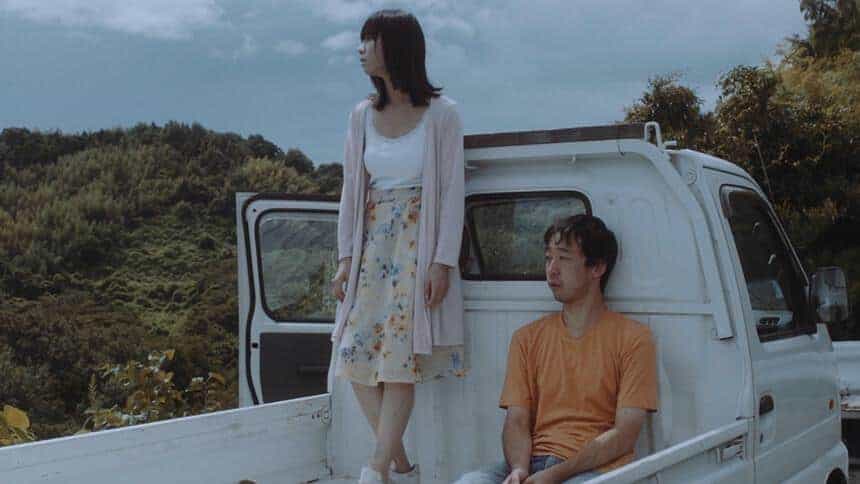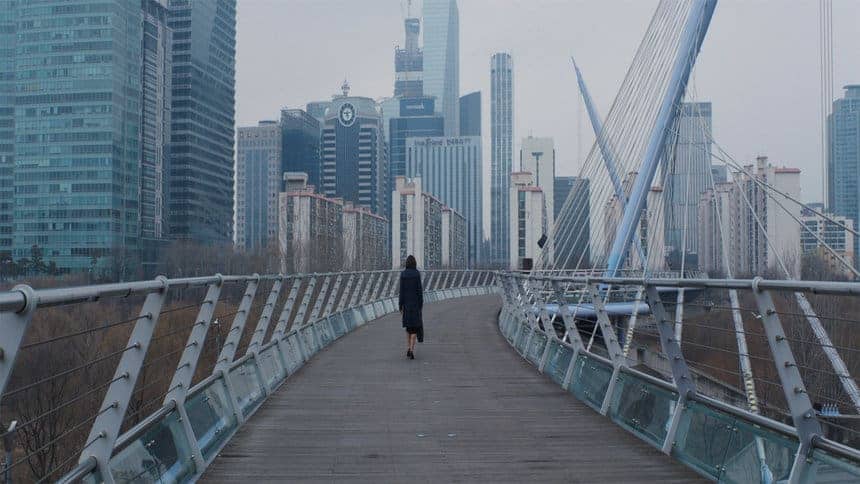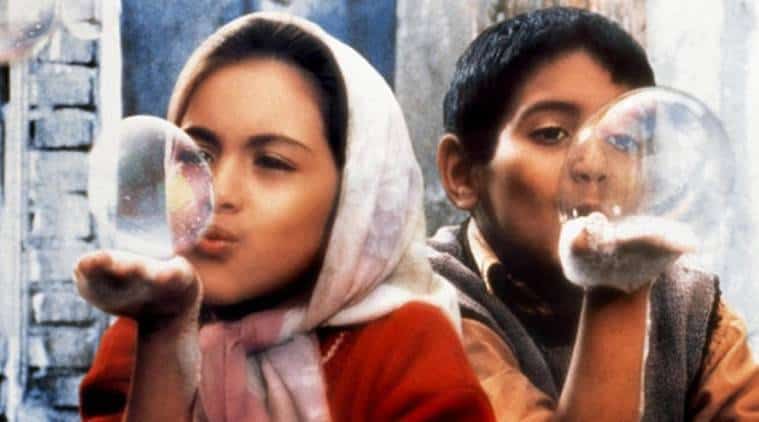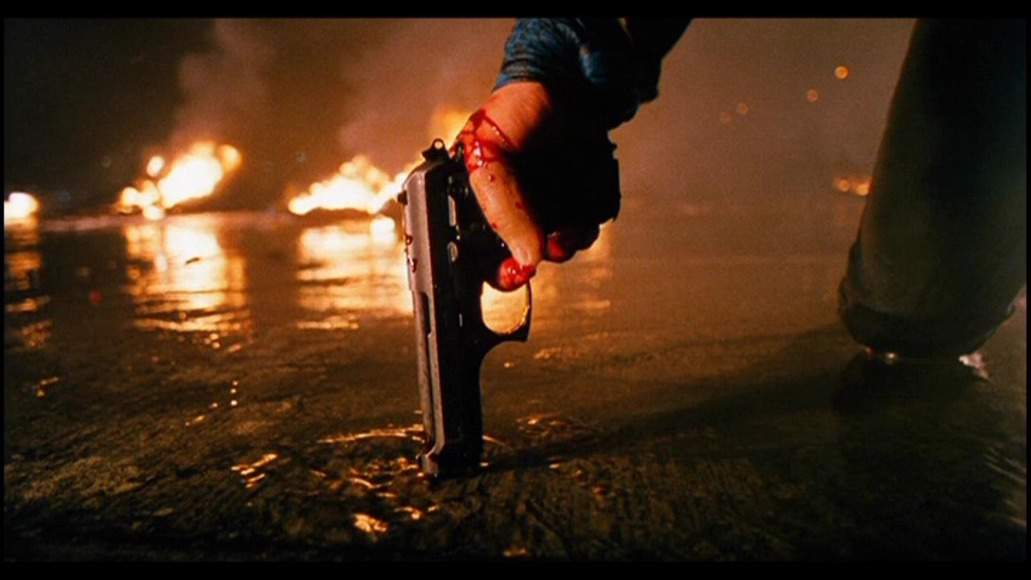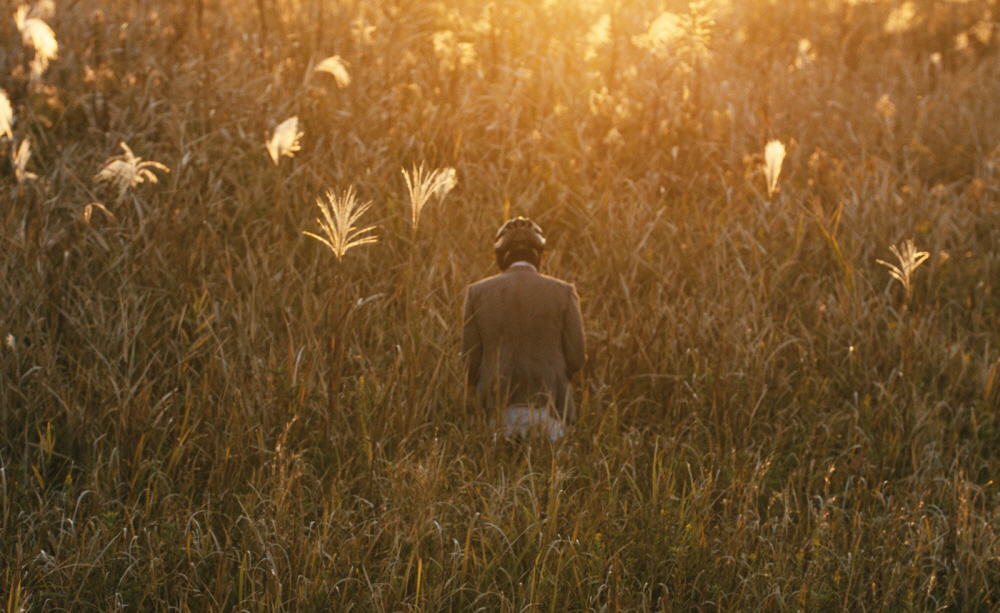Combining different genres in a single movie is always a tricky business, but the results can be very rewarding, particularly due to the originality these amalgams can offer. Eichi Imamura followed this tactic by combining crime with road movie and zombies, in a rather interesting approach that earned him the Special Jury's Award in the recent PIA Film Festival.
After a disorienting, frantic, but also impressive introduction showing a man inside a house with a baby and a dead body, and a woman chased by a different man before she ends up dead, the film slows up a bit, in order to introduce the protagonists. The first man is Shinoda, a blogger, who, after the aforementioned events, steals a small car and starts running away, without any particular plan or destination. The man who was hunting the girl is seen inside his house with her cadave, but, quite surprisingly, the dead girl eventually wakes up and leaves the house. As she is running aimlessly through the woods the house was situated, she ends up in a small road where Shinoda happened to pass by. He hits her with his car, but the girl stands up again and ends up in the passenger's seat. She introduces herself as Natsu and the two come to an unlikely agreement that has them travelling together, despite the fact that Natsu is quite sincere about the fact that she is a zombie. Reluctantly, they form a relationship and start getting along quite well. However, the police are on Shinoda's heels while the man who “resurrected” Natsu, on hers.
The combination of the three aforementioned elements works quite well in the narrative for a number of reasons. The first is the chemistry of the main characters, which begins with Natsu being somewhat promiscuous and even teasing and Shinoda very uncomfortable with her attitude. As soon as they start talking about the way their fate came to be, however, the two o fthem find a connection and a balance is formed, which is helped by the fact that Natsu frequently suffers from episodes that require her to cool off in the water. As he helps her in that regard, she helps him, both practically and psychologically, in his effort to avoid the police and with the regret that seems to torment him. The fact that both have someone hunting them is another element that joins them, along with the reasons he became a perpetrator and she a victim.
Evidently, the concept of a zombie and an actual human just hanging out provides a quirky base, in genuine Japanese style, as does the concept of the tattoos the two have, which actually play a significant role close to the finale. This aspect gives the film some humoristic elements that also work quite well for the narrative.
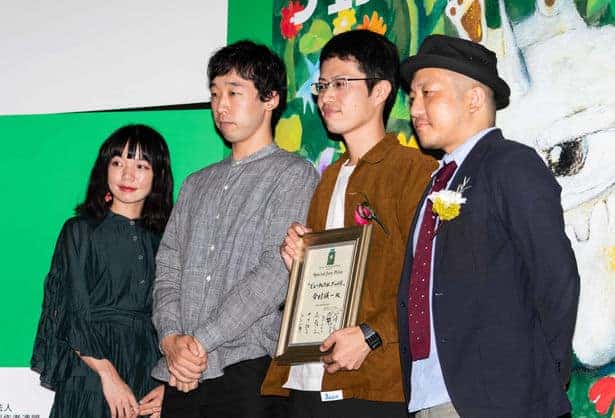
At the same time, that fact that her boyfriend is following them allows for a second road movie axis, which I works quite well, as it allows a change of scenery and perspective. The way the actual events unfold, particularly in the case of Shinoda's story also work quite well. The editing of the film in that regard is excellent, with the changing of the scenes being well-timed, while the cinematography, with its picturesque and idyllic approach fits the story quite well, particularly considering that the majority of the film has the protagonists cruising on country/side roads to avoid the ones chasing them.
At some point however, and when the inevitable clash happens, I felt that the narrative started lagging significantly, through a number of scenes that are either somewhat unnecessary or last for too long. The ending, on the other hand, and particularly Natsu's actions, the connection of the tattoos and the palpable metaphor of the scar definitely compensate.
“Beautiful Goodbye” would definitely benefit from some tighter editing, particularly in the second half of the movie, but it remains a very interesting film, particularly due to the ideas of the director and their implementation in the movie.


